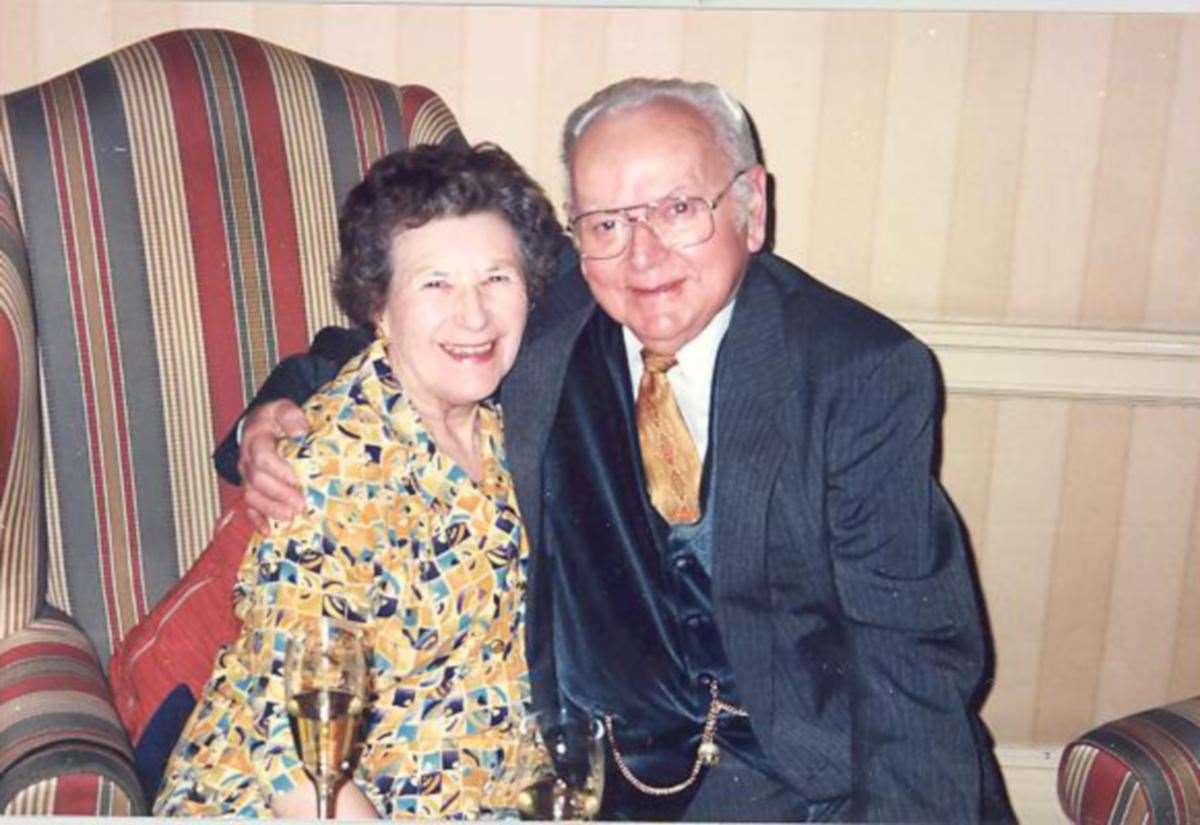Police who were first to attend to a 999 call after the family of an 86-year-old discovered her body admit “bad decisions were made” when they didn’t suspect she was murdered.
One of the officers who attended Una Crown’s address on Magazine Lane in Wisbech was questioned at Cambridge Crown Court as to why he and his colleague first determined that the pensioner’s death was not suspicious.
Simon Gledhill, who was a temporary police sergeant for Cambridgeshire Police at the time, was asked numerous times if he had taken steps to control where people went in Mrs Crown’s home, including ambulance and fire crews that arrived shortly after.

Eventually, Mr Gledhill admitted that he didn’t take steps to direct people such as paramedics and fire crews into where they should be.
“I was not taking steps to control it as a murder scene,” he said.
The trial continued today of David Newton, 70, of Magazine Lane, who has denied murdering Mrs Crown in her bungalow in January 2013.

On the first day of trial, the court heard that the police initially didn’t treat the widow’s death as suspicious.
Two days later during a post-mortem examination, stab wounds to the neck and chest were identified on Mrs Crown’s body, determining that she had been murdered.
Today, Mr Gledhill was questioned by Newton’s defence, Henry Grunward KC, about his actions on the day Mrs Crown’s body was found by the front door of her bungalow.
Mr Gledhill told the court that he “certainly didn’t know the mistake we had made” when he left the scene on the afternoon of January 13.

He said that he had rolled over the body of Mrs Crown, who was found face down, and had observed the wound on her neck. The death was still not treated as suspicious.
He agreed with Mr Grunward that “bad decisions were made” on the day by officers.
“We didn’t make these decisions with the hindsight we have now.”

Mr Grunward said: “I don’t want to embarrass you, but can we agree that the initial stages of the investigation in hindsight was something of a failure?”
Mr Gledhill replied: “Yes, I acknowledge that and the impact on the investigation.
“All I can do now is accept that and apologise to the family which is all I have done and will continue to do.”
However, Mr Gledhill said that steps were taken to avoid contamination when emergency services attended the scene.
“Gloves were used to touch her body and a pracademic was asked to leave. I spent most of my time outside of the property,” said Mr Gledhill.
He added: “This is the unfortunate truth I have had to live with for 12 years. Mistakes were made and I am not downplaying that.”
Mr Gledhill said that one paramedic at the scene had been opening drawers in the dining room – looking for medication to identify Mrs Crown, and had touched the body. Mr Gledhill asked him to stop and leave the scene.
There was some suggestion that other paramedic staff had moved items on the kitchen worktop to use the surface to complete paperwork.
Next week, Cambridge Crown Court will hear from more witnesses, as well as forensic scientists.
Not up to date with what’s been said in court? Click the following links to find previous coverage of day one, two and three of the trial this week.
The trial continues.
